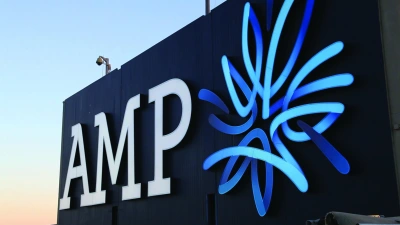SCT still open for business



The Superannuation Complaints Tribunal (SCT) has reinforced that it remains open for business and able to deal with superannuation-related complaints, notwithstanding the Government introducing the legislation underpinning the Australian Financial Complaints Authority (AFCA).
The SCT chair, Helen Davis issued a statement underlining the SCT’s continued operational status at the same time as the Senate Economics References Committee began receiving submissions dealing with its review of the AFCA legislation.
A large number of those submissions are expected to reflect the earlier arguments of the superannuation industry that the SCT should remain separate from the “one-stop-shop” approach external dispute resolution approach envisaged in the AFCA bill.
In a statement issued by Davis last week, the SCT chair acknowledged that the tribunal could not receive new complaints once AFCA began receiving disputes, but noted that it would continue to resolve its existing complaints and would operate alongside AFCA for a period.
"We will continue to work with government and stakeholders to share our specialist expertise in the resolution of superannuation complaints," Davis said.
"For now, SCT remains the external dispute resolution service for superannuation-related complaints. We’d like to assure any current and future complainants that SCT remains open for business."
Recommended for you
The Future Fund’s CIO Ben Samild has announced his resignation, with his deputy to assume the role of interim CIO.
The fund has unveiled reforms to streamline death benefit payments, cut processing times, and reduce complexity.
A ratings firm has placed more prominence on governance in its fund ratings, highlighting that it’s not just about how much money a fund makes today, but whether the people running it are trustworthy, disciplined, and able to deliver for members in the future.
AMP has reached an agreement in principle to settle a landmark class action over fees charged to members of its superannuation funds, with $120 million earmarked for affected members.











